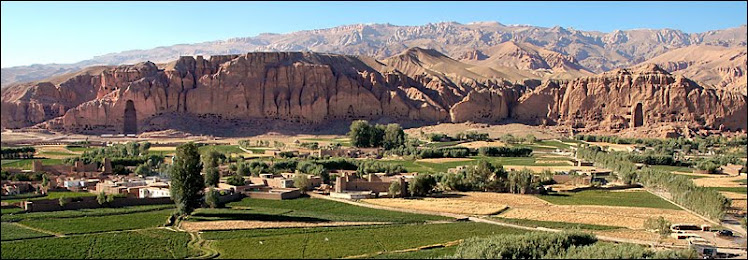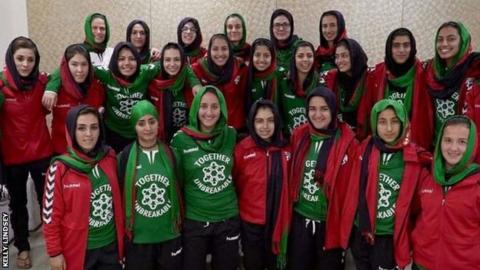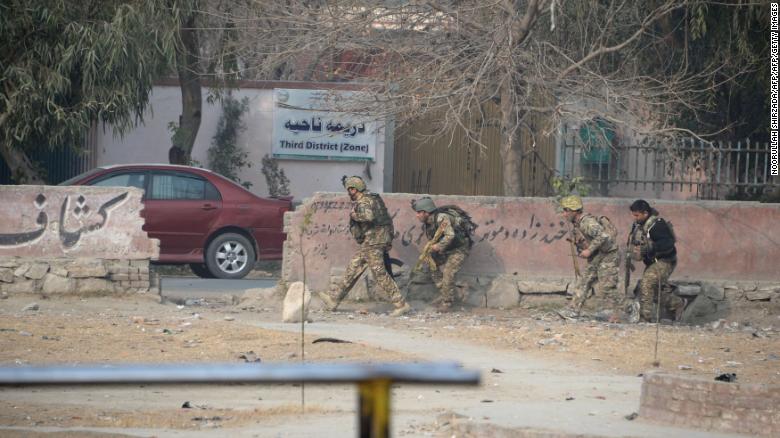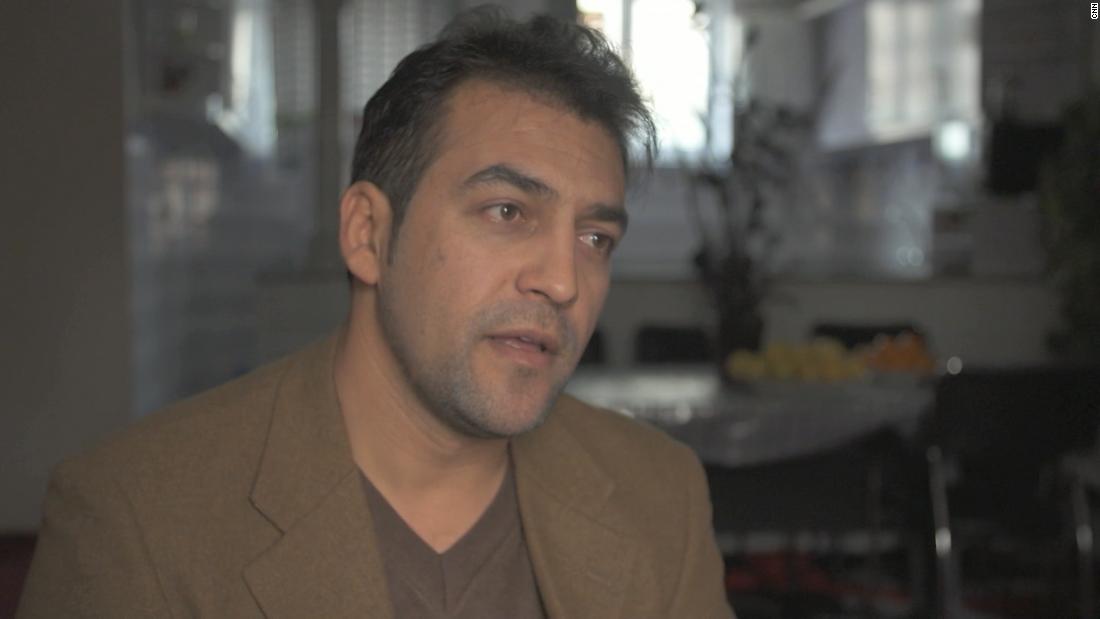Kelly Lindsey: Afghanistan women's coach says it is 'life or death' for players
Spat at, stoned in the street, and having to avoid bombings on the way to training. All because you want to play football.
That is the reality for some of Afghanistan women's international team.
Their coach - retired former USA international Kelly Lindsey - has never set foot in the country because of security concerns.
Some of her players have not even played 11-a-side football before they join up with the national squad, which was formed in 2010.
Yet, in Lindsey's two years in charge, they have climbed from 128th in the Fifa rankings to 106th.
Progress - in spite of the "unique" nature of a job which means all matches and training camps are held overseas for safety reasons.
'It's life and death for those girls'
Lindsey's squad is a mixture of players from the worldwide Afghan diaspora and those who still live in Afghanistan.
Those in Australia, Europe and North America have female role models in the shape of their mothers, many of whom emigrated with their children when their husbands were killed in conflict.
The players who have remained face threats of violence and - just as bad in the eyes of the Afghan culture - risk damaging their family's dignity and reputation.
"It's not easy to get to training," Lindsey, 38, tells the BBC's World Football programme. "They get spat on, they get stoned, there are bombings that happen on the way.
"It's important for the girls outside to understand that this is real. It's not stories. These girls go through it every day."
A recent BBC study found Taliban fighters are openly active in 70% of Afghanistan, directly affecting the lives of 15 million people - half the population. That threatens the freedom women have enjoyed since the regime was overthrown in 2001.
"If a woman is playing football, her father, her brother, her coaches, her mother are being judged by the community around them," says Lindsey.
"Khalida Popal, our programme director... her brother was nearly stabbed to death for allowing his sister to play.
"It's amazing to me that after what they go through every day, they want to play football.
"To put yourself out there for everyone to judge in front of the Taliban - it's life and death for those girls.
"I've thought many times: 'Would I die to play football?' I give them credit every day that they show up to training and that football matters in a life that's so chaotic at times."
'They hadn't even played on a full-size pitch'
Lindsey's job is not an easy one.
With training camps held outside Afghanistan, she effectively coaches remotely - by phone and email.
Some of her players had never even stepped on a full-size pitch before joining the squad for this month's friendlies against Jordan, which they lost 5-0 and 6-0.
"We have created a leadership council," Lindsey says.
"We meet every two weeks on the phone to discuss training, nutrition, what's going on with the team, what are they succeeding at and struggling with on and off the field.
"We send out videos, workout packets, and tactical Powerpoints for them to study so that when they come to camp they know what we're trying to do as a team."
When they do meet, Lindsey must go right back to basics.
"Every time they come into camp it's a different group of girls," she says.
"We're not always getting the same group, so we're always teaching the 11-a-side game - the positions, roles, responsibilities - which I think most national coaches take for granted.
"I give our players from outside Afghanistan credit for respecting what we're trying to do and not getting frustrated with us having to re-teach the game."
'The day we qualify, the world will know women's football has changed'
Afghanistan are yet to qualify for their first major tournament, but the team is still in its relative infancy.
And their "mission" - as Lindsey describes it - is bigger than winning football matches.
"All of the girls play with this passion and energy, for the pride of their nation. Although most national teams play with that, these girls recognise the challenges that they face, the unity they need to have and hopefully the future that they bring for young women around the world."
Lindsey says the ultimate ambition is to qualify for the World Cup - but Afghanistan remain outside Fifa's top 100 nations and have few trailblazers to inspire them.
Hosts Jordan will be the only Islamic country in April's Women's Asian Cup, which doubles as a qualifying tournament for the 2019 World Cup.
And while Afghanistan's training camps remain part national team get-together and part taster sessions, their development will, at best, creep along.
Lindsey won't see her players again until June, when they go on a tour of Japan, but she has big ambitions.
"We are building this team to compete, to qualify for the World Cup," she says. "When that will happen, I can't answer.
"We have a lot of work to do - but the only way we're ever going to get there is to play our best and see where we stand.
"The day that we do qualify, the world will know that women's football has changed."




